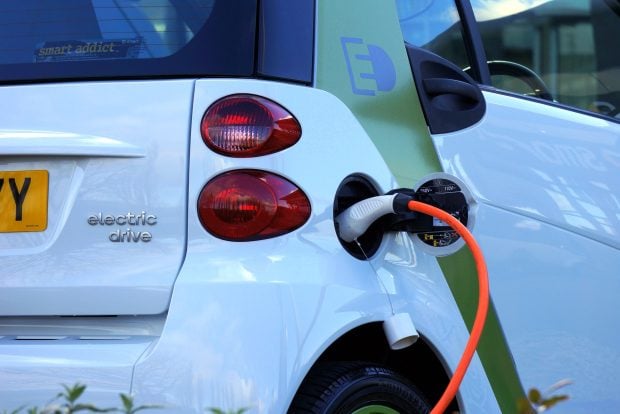Majority of citizens support development of global climate policy, study finds

More than 80% of citizens across 20 countries think public policies to tackle climate change need to be put in place at the global level, while a majority support the idea of a global democratic assembly on climate change, research by the Potsdam Institute for Climate Impact Research has found.
The study also found broad public support for a global carbon budget in line with a 2°C global temperature rise above pre-industrial levels – the limit set in the Paris Agreement – divided among countries based on tradable shares.
Published this month by renowned journal Nature, the research comprised two surveys conducted in 2021 and 2023 that focused on both climate and inequality. The first of around 41,000 people in 20 high- and middle-income countries accounting for almost three-quarters of all carbon emissions, and the second of 8,000 people in the US and the EU.
The middle-income countries surveyed in the first survey comprise Australia, Canada, Denmark, France, Germany, Italy, Japan, Poland, South Korea, Spain, the UK, and the US. The middle-income countries surveyed are Brazil, China, India, Indonesia, Mexico, South Africa, Turkey, and Ukraine.
Read more: Global temperatures set to breach 1.5°C threshold over next five years, UN says
The survey found that at least 70% of respondents in each country – from 70% in the US to 94% in Japan and an average of 85% in both high- and middle-income countries – think climate change policy should be enacted at the global level.
Among the four global policies examined in the study, three garner support from the majority of respondents in all countries (with the exception of one in the US):
- The creation of a global democratic assembly on climate change – support from 48% in the US to 86% in China; an average of 57% in high-income countries and 75% in middle-income countries.
- A global carbon budget in line with the 2°C Paris Agreement limit, divided in tradeable country shares (or ‘global quota’) – support from 50% in Japan to 78% in China and India; an average of 62% in high-income countries and 74% in middle-income countries.
- And a global tax on millionaires to finance low-income countries – support from 53% in the US to 86% in China; an average of 64% in high-income countries and 78% in middle-income countries.
The fourth global policy examined in the study was a global tax on greenhouse gases financing a global basic income. This received majority support in middle-income countries (an average of 61%) but not in high-income countries (where support averaged 34%). Support ranged from 29% in Australia to 70% in Indonesia.
Read more: Paris Agreement goals out of reach unless top emitters step up, study warns
Effort to ‘shift the perceived boundaries of political realism’
Overall, the Potsdam Institute asserts that its study uncovers “strong and genuine” support for global redistributive policies that would tackle both climate change and poverty.
At the end of its report, it provides hypotheses “to reconcile the scarcity of global policies in the public debate with our findings that they would be widely accepted”.
These include “pluralistic ignorance among policymakers regarding universalistic values”; a possible belief by policymakers that globally redistributive policies are politically infeasible in some key countries such as the US; and national framing by political voices that may create biases and suppress universalistic values.
It also suggests that policymakers may perceive global redistributive policies as ill-defined or technically infeasible and dismiss them as unrealistic; and notes that “just as policy is disproportionately influenced by the economic elites, public debate may be shaped by the wealthiest, who have vested interests in preventing global redistribution”.
“Uncovering evidence to support the above hypotheses could shift the perceived boundaries of political realism on this issue. Their confirmation would further support the conclusion that there exists substantial public support for global policies addressing climate change and global inequality, even in high-income countries,” it said.
Read more: COP30 president calls for new governance mechanisms in climate change fight























